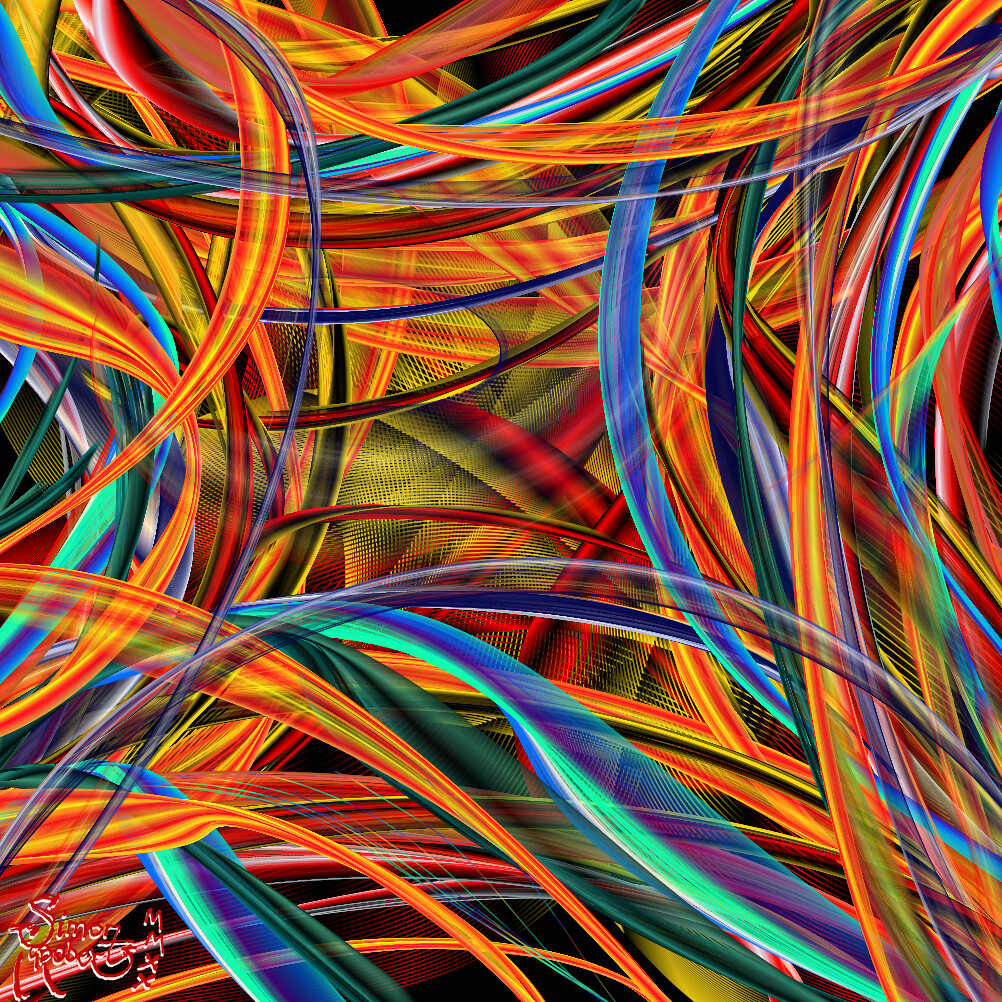For better or worse, I have always partaken in escapism in one form or another. “Escapism,” defined as the practice of avoiding a difficult reality by immersing oneself in distraction or entertainment, is a concept that rose in popularity in the 1930s as a natural reaction to the Great Depression of the previous decade. Although I did not know it at the time, I have been practicing escapism since 2000 BCE (before COVID). As the eldest daughter of immigrants who were new to the continent and busy building a life from scratch, I would get lost in stories from a very young age. I had little in the way of friends and even less of an interest in being popular, so naturally I was drawn to books to fill that emotional void; novels were the way to my heart — fantasy and fiction, oh my!
Escapism, however, has a generally negative connotation. As Olaf Stapledon, a 20th century British philosopher and the father of modern science fiction, aptly put it, “We often hear it said disparagingly that some writer or other is a mere ‘escapist’ or that a particular piece of writing is sheer ‘escapism.’ It is implied that the true function of literature is not to offer escape from unpleasant facts, but to help the reader face up to reality and cope with it successfully.” Stapledon submitted an essay in 1939 about escapism in literature in which he proposed that literature can be categorized into four realms: creative, release, propaganda and escape. Of the four, he found “escape” literature to be illegitimate as it neither had the mark of personal achievement nor the spark to engage readers on a deeper level. It is true that if left unchecked, escapism can interfere with your very reality, but I argue that escapism can also be a necessary life raft.
With the pandemic dragging on into the new year and changing everyone’s foreseeable futures, there has naturally been an uptick in escapism. Gone are the days in which books were the main form of running off to a fantasy land; now there is comfort in frequented shows, in the possibility of going viral and in household hobbies like cooking, coloring, or crafting. Perhaps no trend more clearly embodies escapism than “cottagecore,” an aesthetic that took over Tiktok at the height of the 2020 pandemic which centered on reminiscing and recreating a supposedly idyllic time of making jams and frolicking through meadows. While these activities might not be profitable or revolutionary, they nevertheless play a role in cultivating our sense of self; the real charm of escapism is its ability to expand people’s identities.
Identity is complex and fluid; it spans politics and philosophy, religion and culture, among other realms. It is hard to describe exactly who we as our identity is constantly changing, morphing between a tug-of-war of self imposed vs externally assessed. Our external interactions with the world provide context and labels that we can choose to don or doff. Like how the term “essential worker” rose to prominence during the pandemic and reminded us that society is a fragile ecosystem which cannot function without the working class. However, labels are restrictive in nature no matter their connotation. “Essential workers” paints people as heroes, which makes it all the more insidious. It boils down people to their profession, strips them of their value beyond their work, and burdens them with all the responsibility and none of the aid.
Healthcare professionals face a similar gauntlet. For many, medicine is their raison d’ être, and more often than not, a litmus test of grit. However, our proclivity to be self-sacrificing and wear our passion on our sleeve – the traits that make good and compassionate healthcare workers – is also our Achilles heel. We are so entrenched in our professional lives and the dream to be a doctor, that it insidiously morphs into our biggest identity, our only identity. The issue with relying on one identity arises when that identity is threatened by human shortcomings; with a one-dimensional identity, it is far too easy to spiral and much too common to get burnt out.
Escapism can be the buffer that we need. On the surface, escapism can seem frivolous and feeble, especially when compared to medical school culture in which sleep is a luxury, self-deprecation a language, and hard work a commodity. But amidst this culture, escapism serves as an equal and opposite force to tip the scales back into balance. In moderation, escapism can be an appropriate defense mechanism to preserve a sense of self during a stressful time. If it leads you to knitting sweaters or growing your own tomatoes or even down a Reddit rabbithole of the best slice-of-life anime, go there. To quote John Lennon, “Time you enjoy wasting, is not wasted time.” Be an artist, a cosplayer, a gamer. Cultivate your diverse identities so that if one identity befalls a crisis, you can rest assured that the others still exist, the others are still valid, and that you are still you.
Image credit: Connections (CC BY-NC-ND 2.0) by τέλειος θείος Σίμον

